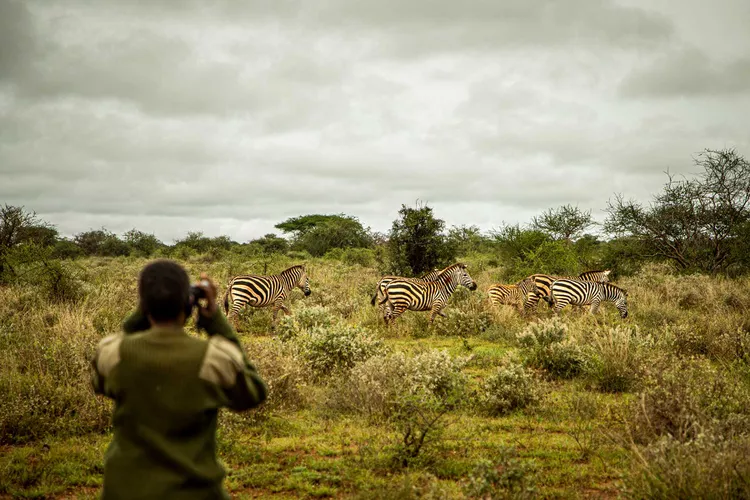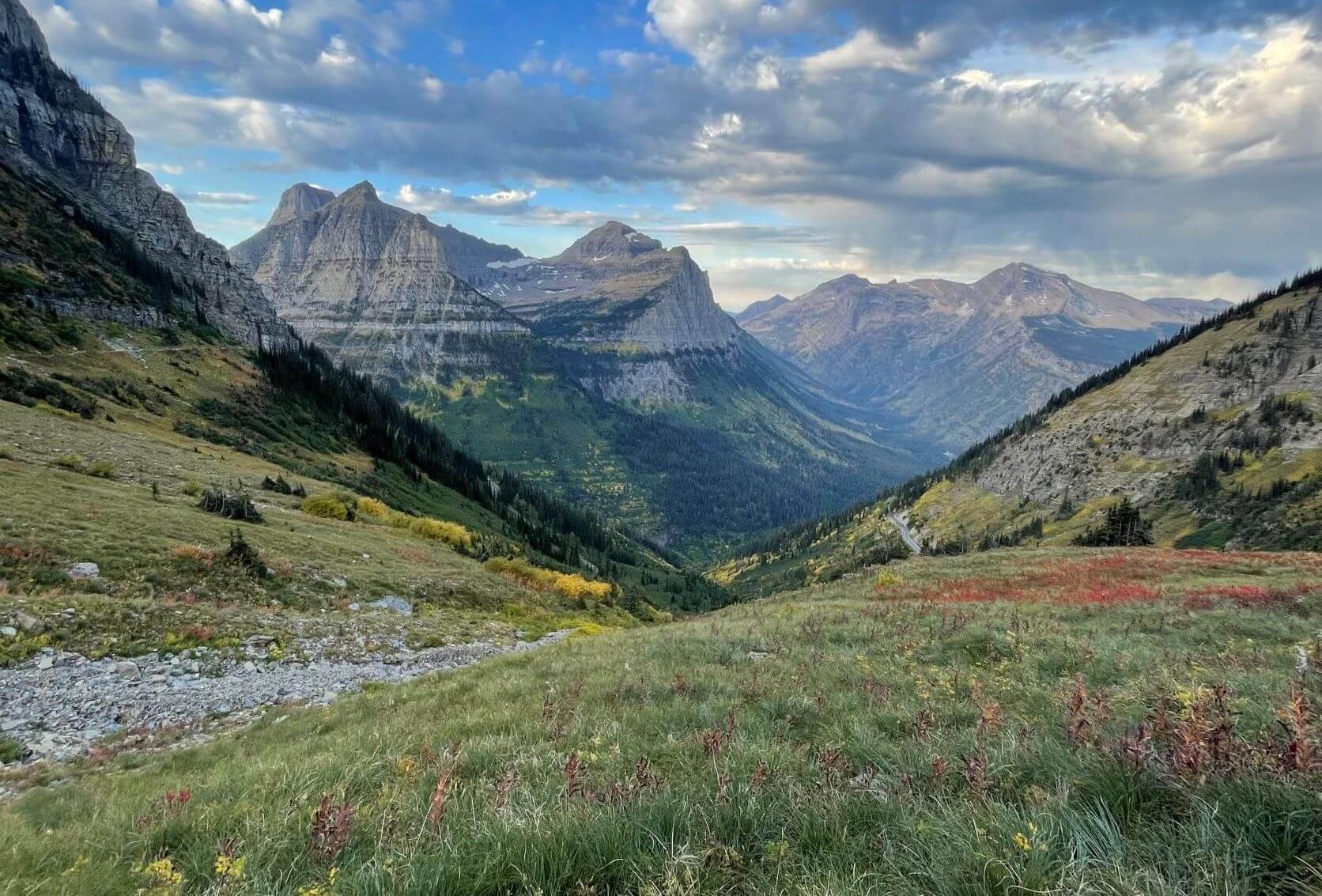The Global Vision Awards honorees in this category are working hand-in-hand with their local communities to develop practical, impactful conservation programs and sustainable tourism initiatives.

The GoTravelDaily Global Vision Awards aim to identify and honor companies, individuals, destinations, and organizations taking strides to develop more sustainable and responsible travel products, practices, and experiences. Not only are they demonstrating thought leadership and creative problem-solving, they are taking actionable, quantifiable steps to protect communities and environments around the world. What’s more, they are inspiring their industry colleagues and travelers to do their part.
When travel is used as a force for good, it can help provide economic empowerment to communities around the world by creating jobs that pay living wages while preserving traditions at risk of being lost. The organizations honored in this category of the Global Vision Awards have all developed infrastructure, strategy, and resources to harness the power of tourism in positive ways. They’ve tapped into what makes each place and its people unique to develop strategies for uplifting communities — without forcing them to choose between the survival of the planet and the survival of their families. Crucially, each project involves locals directly in both planning and execution so that their particular knowledge is honored and their sovereignty is respected.
Allen Marine Tours, Sealaska, and the Sustainable Southeast Partnership

Two years ago, Allen Marine Tours and the Sealaska Corporation, both Native-owned companies, teamed with Alaska’s not-for-profit Sustainable Southeast Partnership to create a new position: Regenerative Tourism Catalyst. This role encompasses a simple purpose — to encourage tourism in a way that benefits rural communities. According to Mary Goddard, the Tlingit artist and activist hired for the role, the focus is on boosting not just the economy but also the environment in Southeast Alaska. Goddard’s work involves talking and listening to the community. She has launched grants and support for food-related businesses and provides training for kelp and oyster cultivation.
Moreover, Goddard aims to help Native Alaskans develop businesses centered around responsible pescatourism, which honors traditional respect for the fish and ecosystems, fitting seamlessly into regenerative tourism. She emphasizes the interconnectedness of all elements within Indigenous communities, striving to shine a light on these crucial relationships.
Dastkar Ranthambhore

When the Indian government created Ranthambore National Park in the state of Rajasthan forty years ago, it preserved the habitat of the endangered Bengal tiger but also displaced hundreds of villagers. Enter the nonprofit Dastkar Ranthambhore, which aims to create economic stability by training relocated villagers in traditional crafts such as pottery, embroidery, quilting, and block printing. Their creations, often tiger-themed, are sold to tourists, making the park beneficial for both wildlife and human communities. Dastkar has empowered hundreds, most of whom are women, to achieve financial independence and improve their living conditions while reviving India’s artisanal culture.
A New Vision for Safaris: One That Puts African Stories First
IFAW Team Lioness

Since its formation in 2019, IFAW Team Lioness — a pioneering Kenyan female ranger unit — has transformed the lives of its members. Under the auspices of the International Fund for Animal Welfare, the project has allowed each of its eight members to gain economic and social independence. According to Purity Lakara, who patrols Masai land surrounding Amboseli National Park, her prior responsibilities included fetching firewood and caring for her home. The community now views her role differently. Furthermore, Lakara mentors girls in her village. Team Lioness employs a more collaborative approach compared to traditional male rangers, facilitating open conversations with community members who share vital information and contributing to successful operations against poachers.





